Journey on the river basin in coracle to realise the need to preserve our pristine water resources.
Excerpts from the Book – Camping Diaries
(4) CORACLE DRIFT
WATER EXPEDITION
One fine October morning, Nomito from Honnemaradu called me and asked me whether I would be keen to volunteer for a coracle expedition happening the next month. It was appealing, but I wasn’t aware of the actual process and what preparations were necessary to be a part of it. She told me it would be an expedition testing one’s mettle in nature amidst pristine blue waters surrounded by forest islands. I jumped at the opportunity with no hesitation and agreed to volunteer. Having known the organisers for eight years and having taken part in innumerable nature camps, I did not want to miss being a part of this event.
A coracle is a round flat boat, lightweight, small in size, used to cross rivers and lakes. It is one of the foremost forms of water transport used for fishing, moving material and ferrying people across islands. In earlier days, they served as a lifeline for people inhabiting the islands. These boats once made from bamboo and covered with a watertight material, are made from fibreglass now. Sailing a coracle, a unique craft, is an introductory boating activity that is a major attraction for novices. It is ideal for a group of four to six people. Being sturdy on flat surfaces because of its shape, it can be made to spin in circles in the water.
MIMAMSA:
Founded by Jamini, Mimamsa is an orthodox system based on the Vedas. Importance was given to the ritualistic portion of the Veda, with a logical justification for performing yajnas. Kumarila Bhatta and Prabhakara were exponents of this system. The name ‘Mimamsa’ implies systematic investigation or ‘vicara’/‘reflection’. The principles were derived from the rituals and ceremonies mentioned in the Vedas. Denying the presence of God, Mimamsaka insists that God is not the maker, sustainer and demolisher of the universe (or nature). While Kumarila accepts five ‘padarthas’ or categories—dravya (substance), guna (quality), karma (action), samanya (generality) and abhava (non-existence)238, Prabhakara excludes the last and adds samavaya (inherence) instead. The concept of these categories more or less resembles those of Nyaya-Vaishesika………

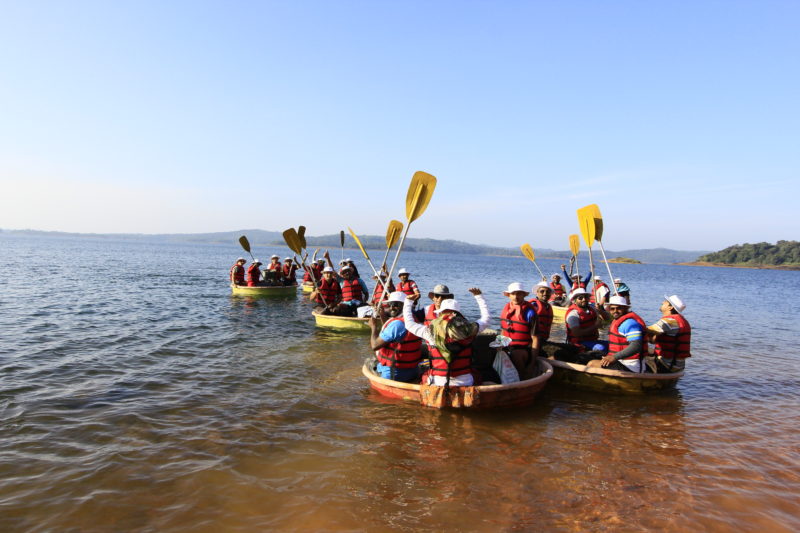
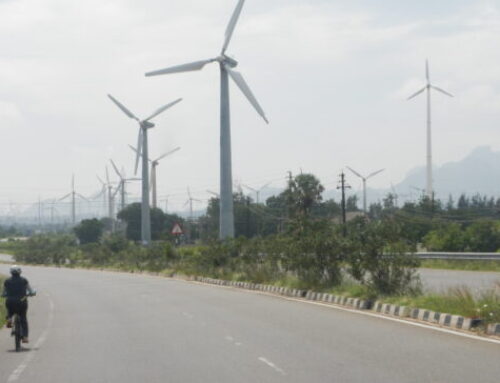
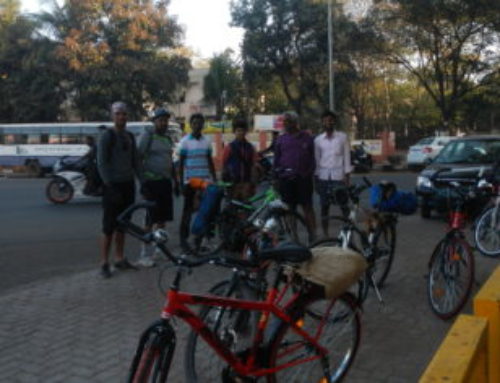
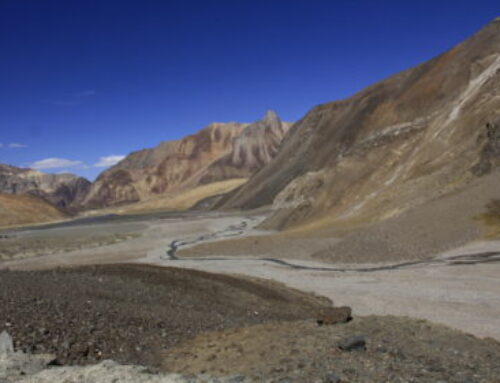



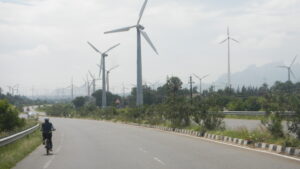

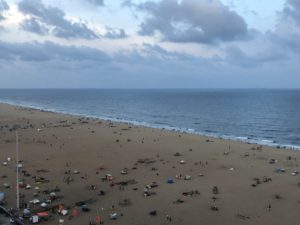
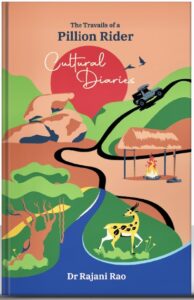
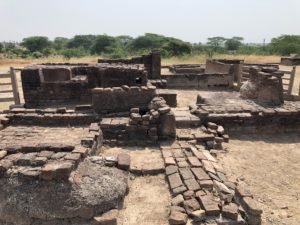
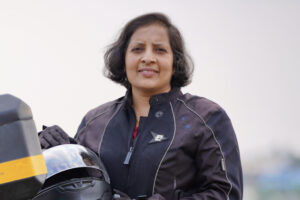

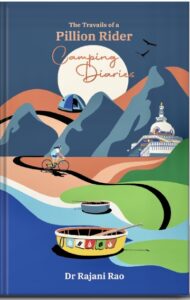
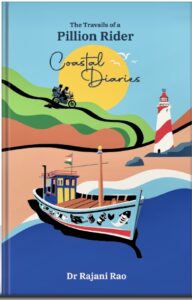
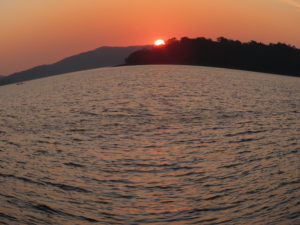
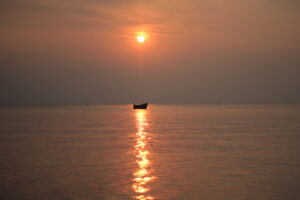
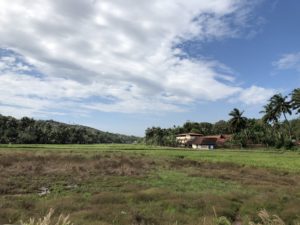

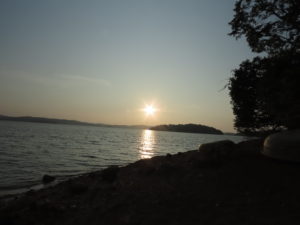

Leave A Comment